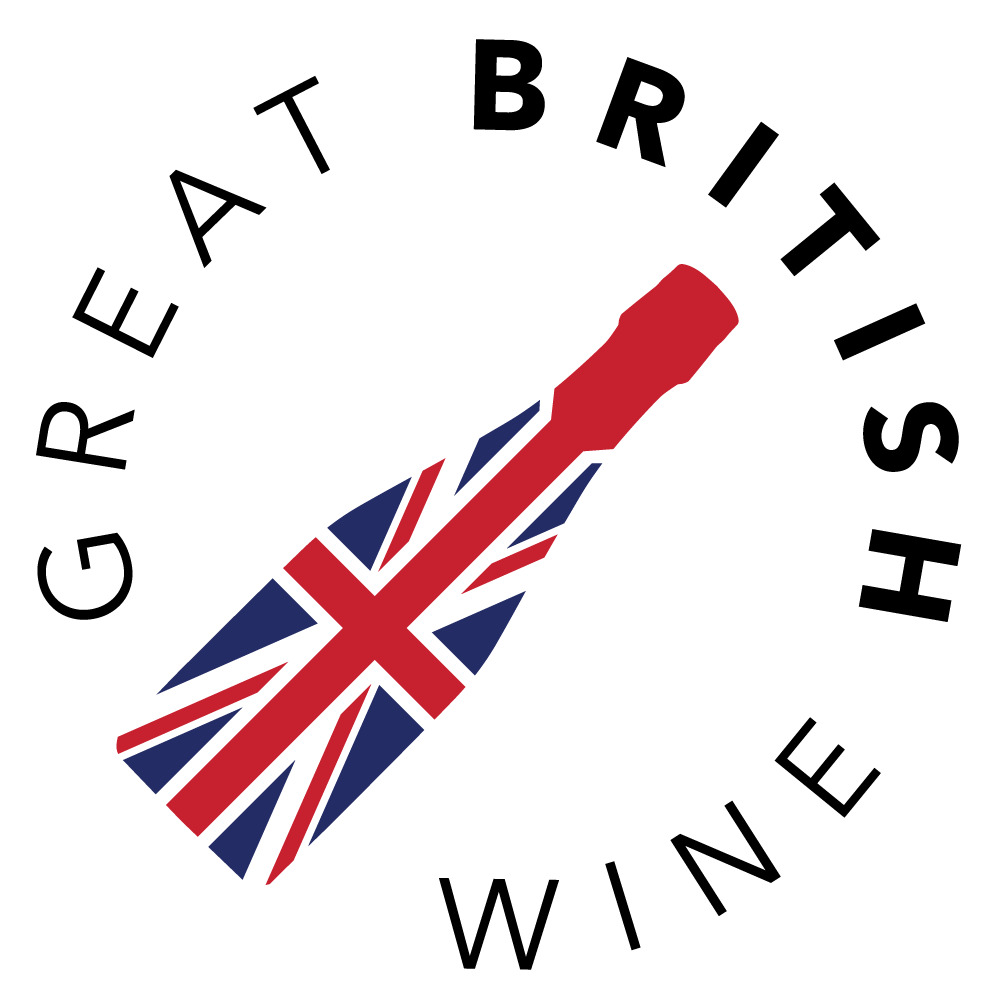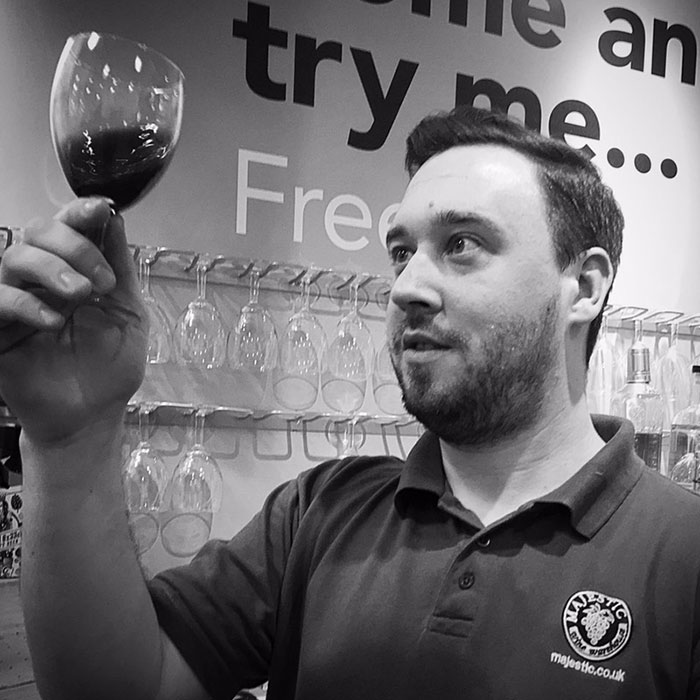
In a former (but not too distant past) I owned, if I may say so, a superb little gastropub on the outskirts of the Derbyshire Peak District. One of our resounding successes was our Wine List, which at its peak showcased no less than nine English Wines in a list of around eighty bottles. I was first properly introduced to it by a former employee, who was insistent that we should have English Wine on the list. Despite his best efforts and reasonably sound arguments I must admit I was sceptical – I’d heard mixed reviews on quality, along with stories of high prices and therefore saw the prospect as a bit of a gamble. Nevertheless we sent him off to the English Wine Producers (EWP) Trade & Press Tasting in London to see what was available, with a brief to seek out the best still English Wine that his modest budget could buy. Well, things just snowballed from there...
Now a fully-fledged convert, in my current role of selling wines to the on-trade I often face the same resistance and feel the same frustration that I bestowed on that poor employee in our opening exchanges. Two things are clear in my eyes – first, some English Wine is world-beating stuff and in fact has beaten leading contemporaries in blind tasting competitions and second, not enough people know about it. Every restaurant, pub and bar in England should be selling English Wine – but why?
1. IT IS NOW WIDELY REGARDED AS SOME OF THE BEST WINE IN THE WORLD
 English Sparkling Wine in particular, in my humble opinion, is some of the best wine available on the world market today. As an affirmation of standing, the EU granted English Sparkling Wine a PDO in 2011 and applications are also currently pending for some of the largest producing sub-regions such as Sussex. It is well-reported that the same vein of chalky soil runs under the Channel and re-emerges in parts of Sussex and Kent, but the real game-changer has been global warming.
English Sparkling Wine in particular, in my humble opinion, is some of the best wine available on the world market today. As an affirmation of standing, the EU granted English Sparkling Wine a PDO in 2011 and applications are also currently pending for some of the largest producing sub-regions such as Sussex. It is well-reported that the same vein of chalky soil runs under the Channel and re-emerges in parts of Sussex and Kent, but the real game-changer has been global warming.
Whilst producers had previously been limited to the hardiest of grapes or hybrids, we now have the perfect climate to grow some of the world’s best known and loved varietals. Specifically, our climate is now what Champagne’s was approximately 30 years ago, and in years to come Champagne may just be too warm to produce the same sorts of wines. Whilst we sold Nytimber’s 2007 Blanc de Blancs at the pub (for £70.00, and it did sell!), I have since discovered the release of their 2010 Classic Cuvée, which I think might just be the best sparkling wine under £35 in the world - a bold, but absolutely unapologetic statement!
 It was only last week that I was reading of Taittinger’s acquisition of an English site; perhaps planning ahead, perhaps getting in on the action, but certainly confirming that our terroir and our climate are highly in demand. Whilst English Wine struggled for years to make inroads as a result of lack of experience and the aforementioned climactic limitations, it is safe to say that the tide is undoubtedly turning.
It was only last week that I was reading of Taittinger’s acquisition of an English site; perhaps planning ahead, perhaps getting in on the action, but certainly confirming that our terroir and our climate are highly in demand. Whilst English Wine struggled for years to make inroads as a result of lack of experience and the aforementioned climactic limitations, it is safe to say that the tide is undoubtedly turning.
Earlier this year, Noble Rot Magazine organised a blind tasting event in London, which was judged amongst others by eminent wine critics Jancis Robinson, Neal Martin, Kate Spicer and Jamie Goode. Hambledon and Nyetimber’s Classic Cuvées claimed the top two spots over the likes of Pol Roger and our new natives Taittinger, with Wiston Cuvée and Gusbourne Brut Reserve faring particularly well too. Gusbourne Brut in fact picked up two IWSC gold medals this year and won the title of IWSC English Sparkling Wine of the Year 2015. Wiston Estate were my 'surprise package' of the EWP event this year, having enjoyed all of their offerings but particularly their 2011 Sparkling Rosé. You can read a brief synopsis of my favourite wines from the EWP event here.
2. TO SUPPORT THE BRITISH ECONOMY
Any restaurant or gastropub worth its weight prides itself on sourcing food as locally as possible. This phenomenon has not just borne itself out of the belief that a local area’s produce is the best, but also because of increasing pressures to support the local economy and reduce our carbon footprint. Another of my favourite wine-producing regions is California, but because of high import/export taxes and a huge captive market on their doorstep diversity in good (affordable) Californian wines is very hard to come by in the UK. If some of the world’s best wines are at our fingertips it makes sense to keep them for ourselves, just as the Californians do!
All of the best-selling wines in the UK come from overseas – France, Italy, Spain, Australia, New Zealand, Chile…Whilst the UK government sees the benefit of excise duty and VAT on each bottle sold in the country, none of that money goes into supporting the grass roots of the British economy and, in particular, our wine growing community. By taking the plunge and buying British we will undoubtedly see even further improvements in the world market, as well as potentially a reduction in relative pricing over time.
3. IT IS WIDELY AVAILABLE
 I’ve already mentioned that English Wine is on our doorstep – so use that to your advantage. Any wine merchant worth their salt now has a good selection of English Wine for you to choose from – if not, it’s perhaps time to change your wine merchant!
I’ve already mentioned that English Wine is on our doorstep – so use that to your advantage. Any wine merchant worth their salt now has a good selection of English Wine for you to choose from – if not, it’s perhaps time to change your wine merchant!
That said, I used a combination of sources to build my 11-strong English Wine selection at The Wingerworth. Aside from our friendly wine merchant, take a look at online retailers – there are always bargains to be had, which means more margin for you and potentially a more accessible price for your customer too. Waitrose have really outdone themselves over the past year or so and boast a fantastic selection of English Wine! Just recently I picked up bottles of the Nyetimber Classic Cuvée 2010 in-store for just £21.59 using a combination of promotions. Sadly this offer has expired, but the beauty of any good wine list is that you can keep it rotating based on any particularly great deals that you can pick up. I also used Majestic, Laithwaites, Wine Direct, The Drink Shop and Great English Wines, to name just a few.
However, the best tip I can give is to speak to the producers themselves. Arrange an educational 'staff training' day at the vineyard for your team even. In fairness to the producers I won’t list prices, but by speaking directly to local producers like Kieron Atkinson at Renishaw Hall and George Bowden at Leventhorpe, or slightly further afield Biddenden and Brightwell, we were able to retail English Wine under the £20 mark and still make good margin. The best news – I wasn’t paying or a middle-man and the producer was probably making a better margin than if they had sold to an intermediary.
4. IT IS STILL BETTER VALUE THAN ITS CONTEMPORARIES AND THE MARGINS WORK
 I have to address the issue of price – because let’s face it, you won’t find a bottle of English Wine for under £5. So why is English Wine so expensive? The simplest answer is that we are fairly new to the wine world. The age-old wine adage goes 'that to make a small fortune in the wine world, you need to start with a large one'. Our producers have invested huge sums of money into their vineyards relatively recently, whilst our neighbours in France for example paid for their wineries generations ago, so we’re playing catch-up with the majority of the rest of the wine world.
I have to address the issue of price – because let’s face it, you won’t find a bottle of English Wine for under £5. So why is English Wine so expensive? The simplest answer is that we are fairly new to the wine world. The age-old wine adage goes 'that to make a small fortune in the wine world, you need to start with a large one'. Our producers have invested huge sums of money into their vineyards relatively recently, whilst our neighbours in France for example paid for their wineries generations ago, so we’re playing catch-up with the majority of the rest of the wine world.
Now, if the quality wasn’t there I certainly wouldn’t part with an extra couple of quid per bottle, but we’ve already said that it’s world-class. One of the best-selling wines in the UK is New Zealand Sauvignon Blanc, which shares similar characteristics to one of our best-known varietals, Bacchus. I’ve said that I won’t mention pricing, so I’ll say that our Brightwell Bacchus was purchased and consequently retailed for less than our NZ Sauvignon. Yes the Sauvignon still sold more, as it always will do, but as a result of great staff training and subsequent recommendation to customers we sold a surprising amount of Bacchus.
But what about the margins if the New Zealand retailed at a higher price point you say? Well, I set the cash margin of the Bacchus similarly to the Sauvignon so that the business wouldn’t lose out. Equally as a percentage of retail price, our Gross Profit on the Bacchus was therefore better (see table below to demonstrate). Your business doesn’t lose out – the extra £3 retail price pays for a greater chunk of VAT and a middle-man.
 |
 |
|
|---|---|---|
| Purchase Price: | £6.50 | £7.30 |
| Cash Margin : | £10.26 | £10.40 |
| Retail Price : | £20.95 (£16.76 ex. VAT) | £23.95 (£19.16 ex. VAT) |
| Gross Profit (%) : | 61.22% | 54.28% |
5. IT GETS PEOPLE TALKING
English Wine is exciting! If staff have met the producer, if they have tasted the quality and if they have been trained correctly, they will get excited about it. If your staff are excited about a product, your customers will be too. This is so simple, I really don’t need to say more!
If you would like to discuss in greater detail, please do not hesitate to contact me via the details below, or John at Great British Wine.


